One night in January, while Helen Chambers and her husband were asleep, a thief broke into the couple’s home in Romford, Essex, and stole the key to their 2012-reg Audi A6 2.0 TDI parked on the road outside. The first they knew of the theft was when they looked out of their bedroom window to be greeted by the sight of an empty parking space.
“It was done so quickly and discreetly that I think the thief must have been staking out our house,” Chambers told me when I phoned her after seeing her report of the theft and appeal for information on Stolen Cars UK, a public Facebook group.
The police were quick to respond and viewed the video footage that had been captured on the couple’s CCTV camera. Unfortunately, the thief’s face was barely visible in the poor light and he was wearing gloves so had left no fingerprints. It’s a problem that police investigating car crime encounter all too frequently. Recently, Suffolk police admitted it had failed to solve 95% of car crime in the past three years, mainly because of what it described as “limited forensic opportunities”.
Reflecting on the loss of the family’s Audi, Helen said, despairingly: “You work hard, only to have your dream car stolen.”
On the same day, around 350 other vehicle owners discovered exactly how she felt. That’s the number of cars that police believe have been stolen each day so far this year. It compares with 330 stolen each day in 2019, or 120,000 over the year, and is further evidence of the apparently unstoppable rise in car crime that has seen vehicle thefts increase by over 50% in the past six years. According to the Office for National Statistics, just 40% of stolen vehicles are recovered. Most of these are damaged and 20% written off. The UK’s car crime capital is Manchester, where there are almost 51 crimes per 1000 vehicles, a figure that includes theft from, as well as theft of, a motor vehicle.
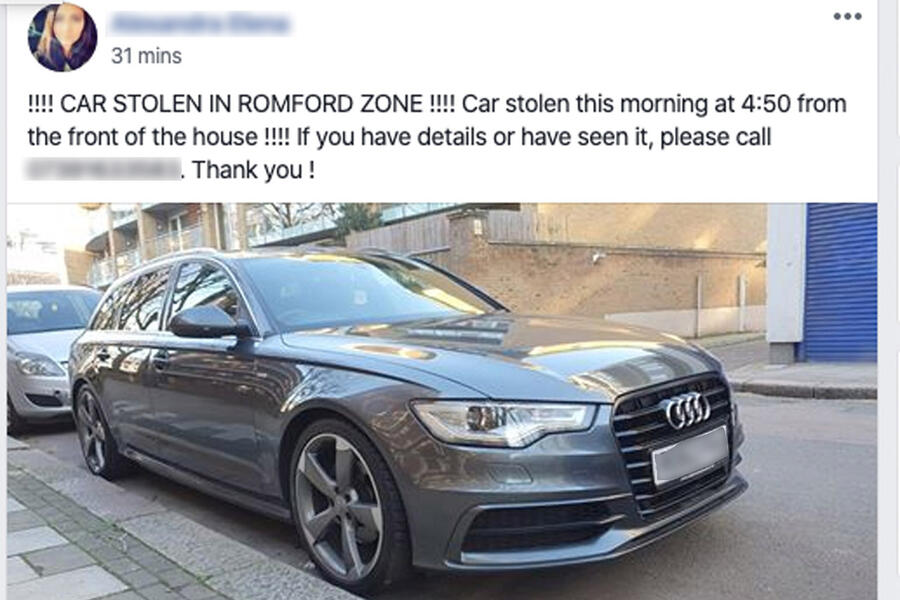
It wasn’t supposed to be like this. New technologies such as keyless entry and ignition systems were meant to make cars safe from thieves and render mechanical locking devices, such as the traditional Krooklok, redundant. What their designers didn’t take account of, however, was car thieves’ determination to overcome any new obstacle in their path and the changing nature of car crime, which has evolved from the casual thieving and joy riding of the 1990s to the organised and targeted activity it is today.
“There’s a significant amount of organised criminal activity, with cars being stolen to order,” says Clive Wain, head of police liaison at Tracker, a vehicle telematics and locater company. “Cars are stolen for one of four reasons: for export, often to Eastern Europe; to order, for their identity to be changed and the vehicle sold on within the UK; for parts, which is a growing problem and where the vehicle is stripped down in a so-called ‘chop shop’; and to be used in further crimes.”

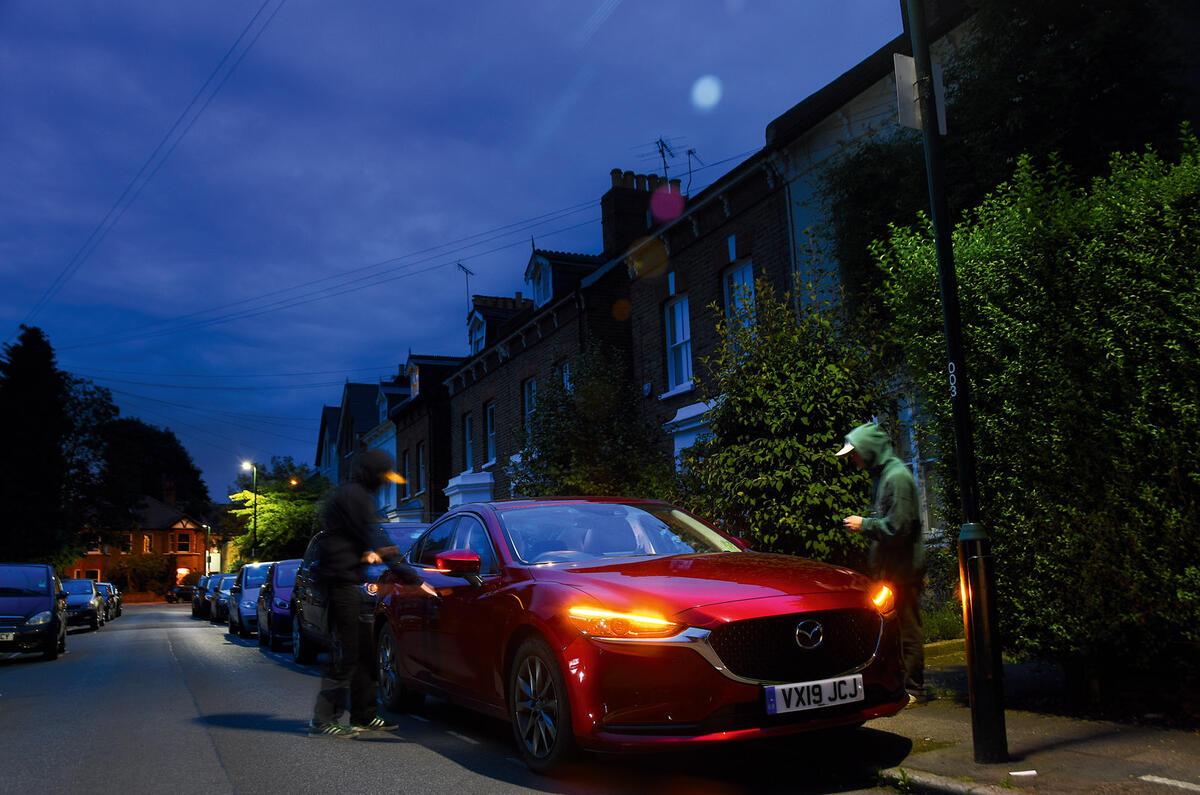
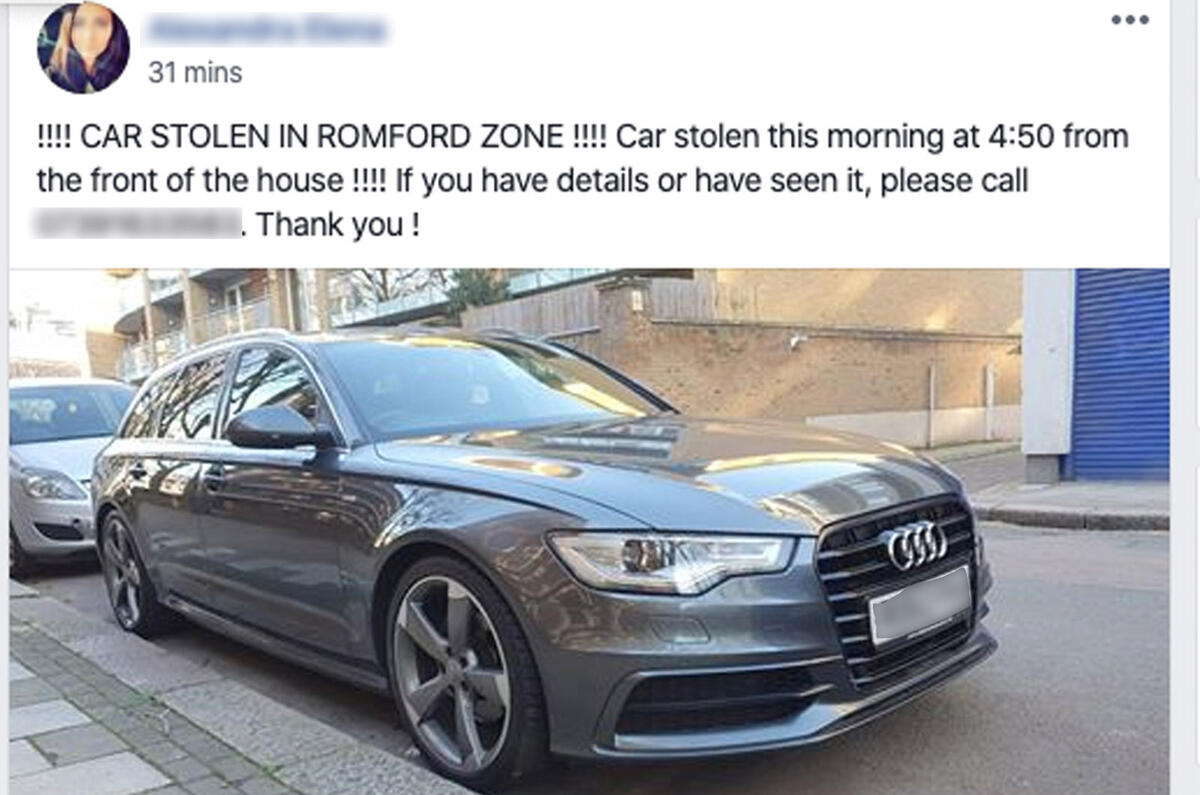

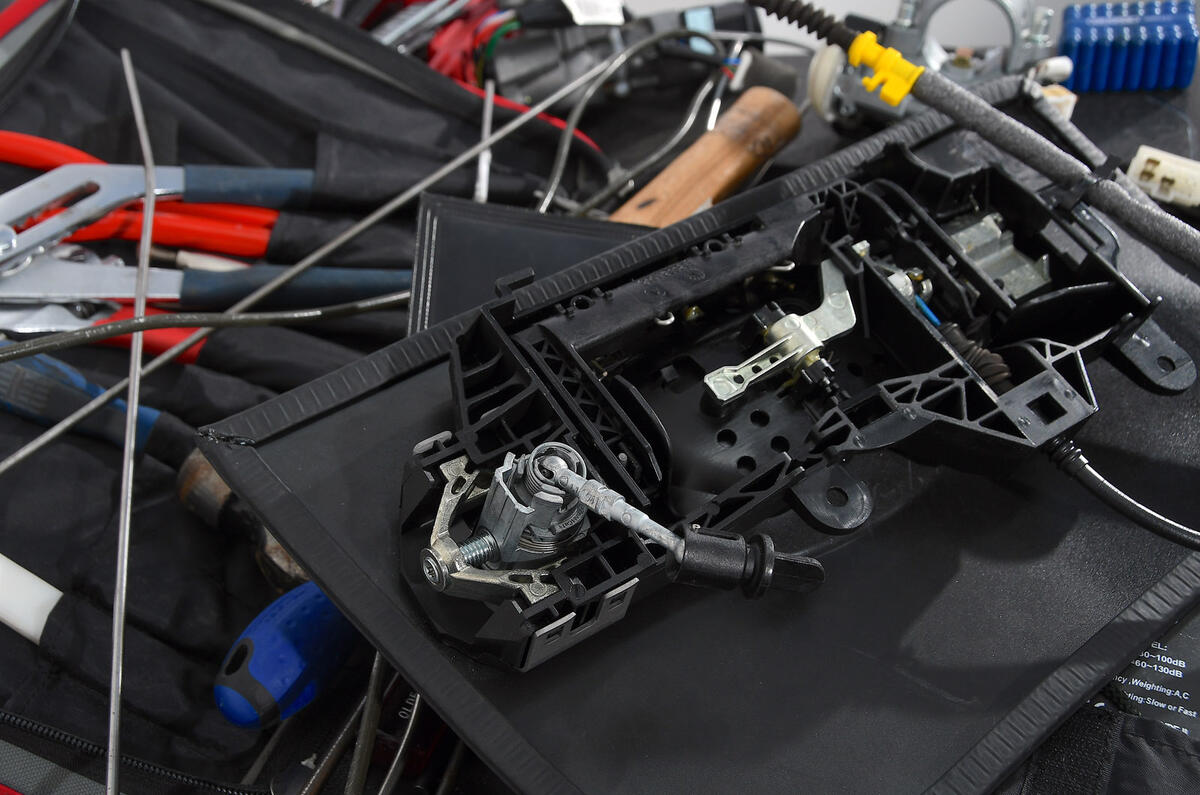
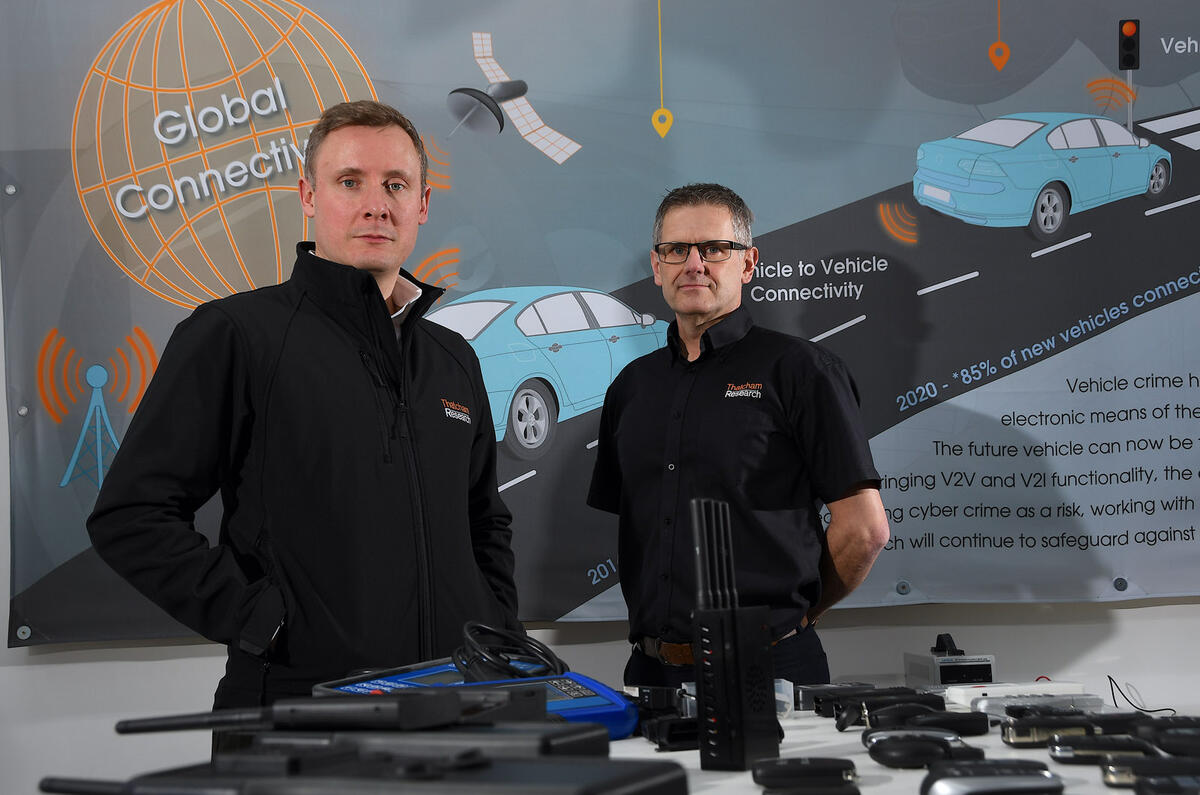
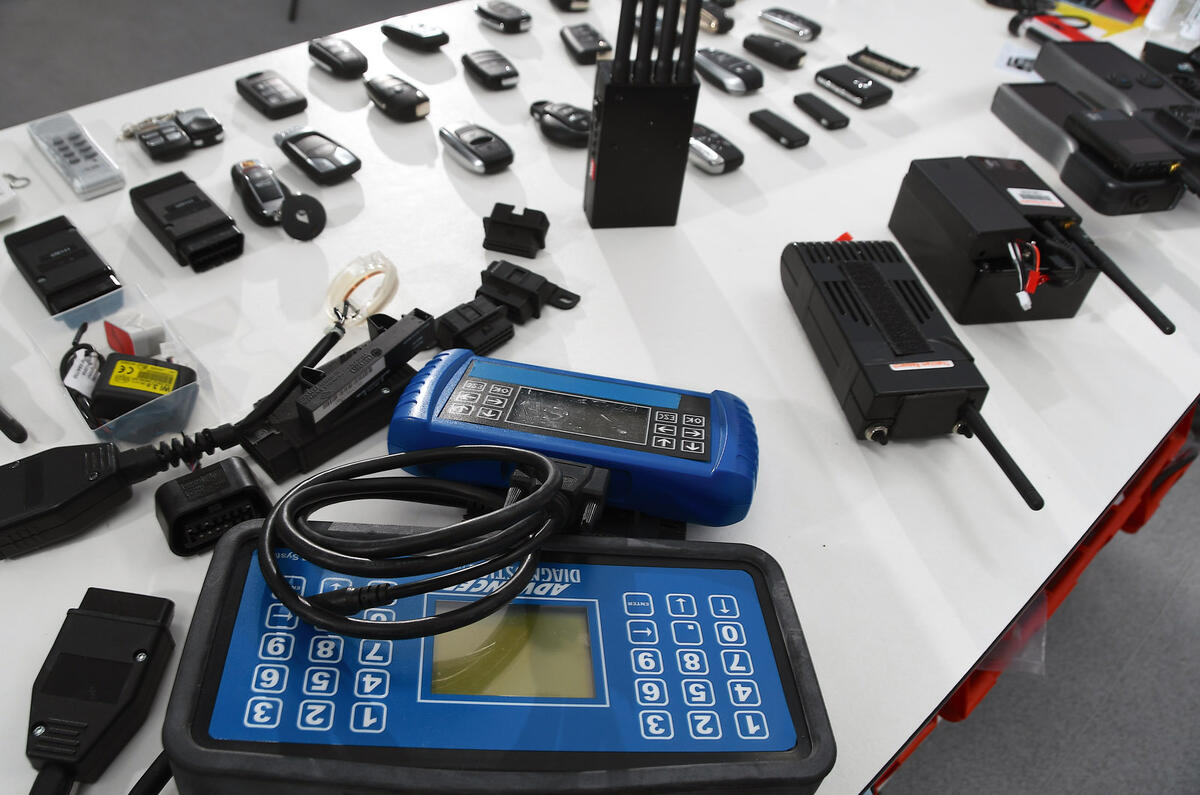



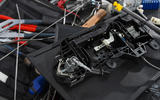




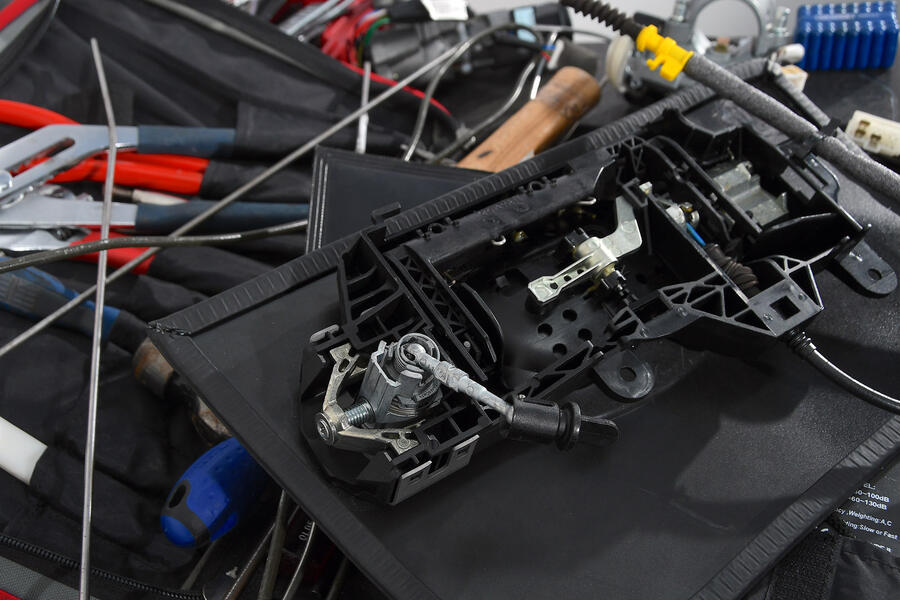
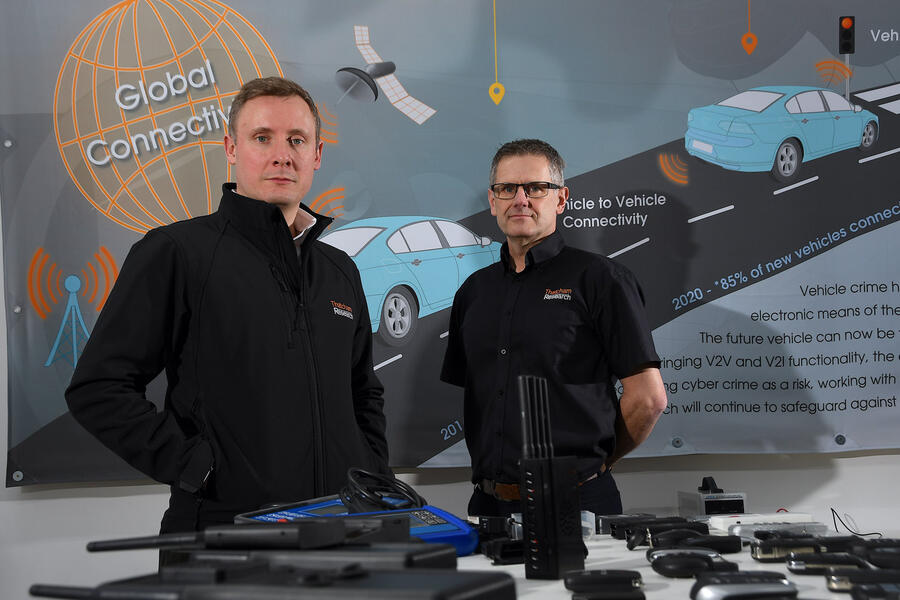

Join the debate
Add your comment
It's the same for ALL crime these days
"It’s why you should leave
"It’s why you should leave your car keys at the bottom of the stairs. Better that than a thief going any further to look for them."
Sod that, I'd rather that any thief breaking into my house looking for the keys comes face-to-face with the barrel of a shotgun. Protecting one's own property is something the Yanks do far better than us.
ricequackers
Whilst I completely agree with your sentiment unless your family is taking turns on guard duty through the night on 2 hour watches chances are you'll be fast asleep and your shotgun locked away if someone breaks in.
I couldn't agree more! We
Right to defend.
A gun is extreme, a piece of two by four on the other hand?
Stealing your car.
An article I read a while back reported a deterrent for stopping car thefts was a half Bottle of booze laced with a poison, another was flame throwers fitted under the sills, cruel I know, but they wouldn't be stealing cars anymore, would they?
Part two
I failed to mention these extreme ways of dealing with car theft were in South Africa, and, with computers getting faster and shall we say more talented hackers, it's the industry trying to keep up.